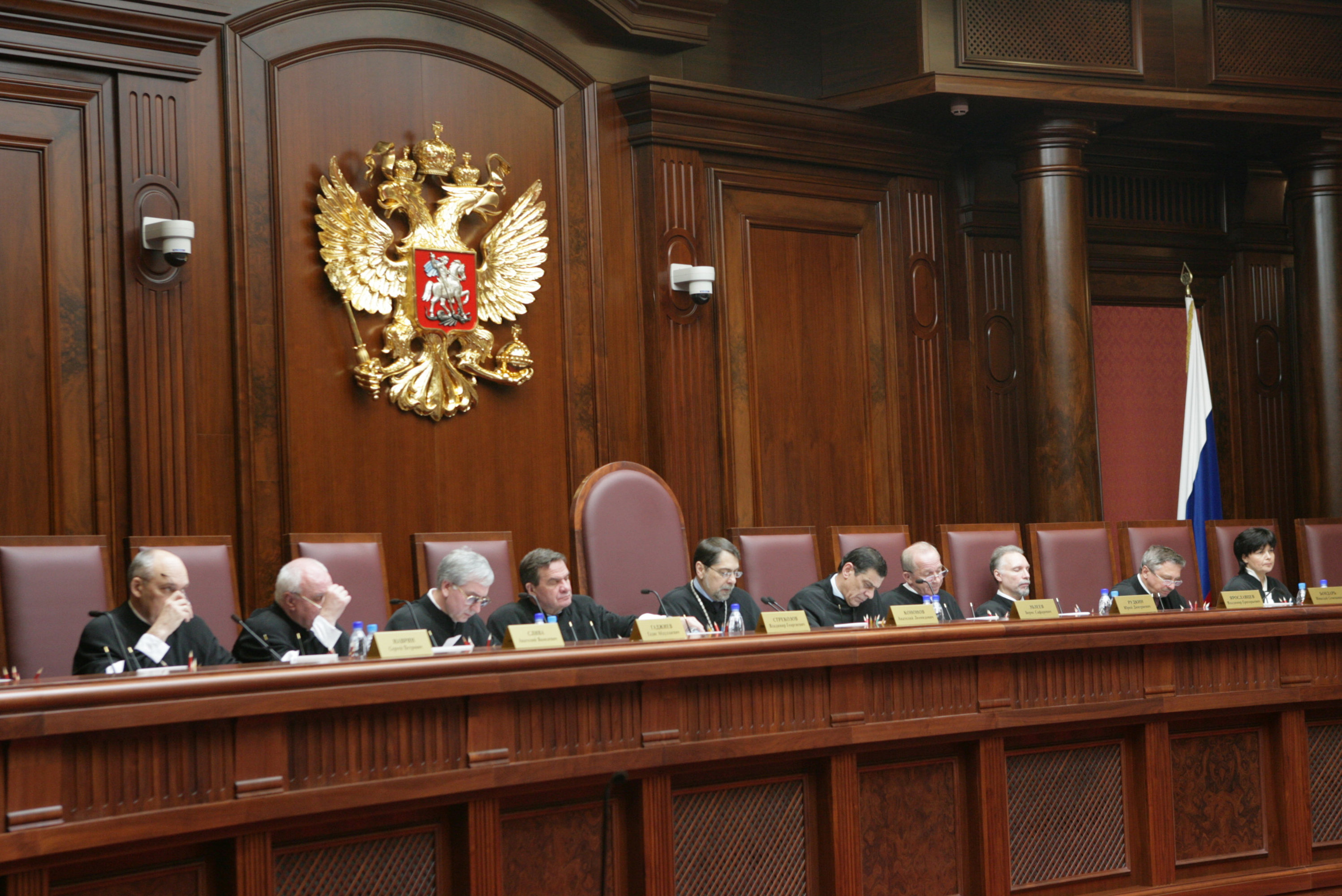MOSCOW, December 17 – RAPSI. An updated version of the Code of Judicial Ethics stating that judges should foster accurate media coverage of their work is expected to be approved on Monday.
The updated version of the code will likely be approved at the Eighth All-Russian Congress of Judges held in Moscow.
The decision to make amendments to the current Code of Judicial Ethics was adopted at the Seventh All-Russian Congress of Judges held in 2008. The provision regulating communications between judges and the mass media was introduced for the first time at that point.
According to the legislation, judges must be cautious and should refrain from commenting on pending cases, although they may still provide information on the procedural stages of a case’s consideration.
If judges do not like the way that statements, actions, judgments or assessments are interpreted by the media, then they must decide on how to best respond to such situations.
In some cases, a defamation claim may be submitted.
Judges must also be respectful while commenting on their colleagues' rulings, according to the legislation.
Additionally, the code obligates judges to refrain from making public statements and assessments regarding the activity of the state and local authorities, as well as the heads of these institutions. Similarly, the code prohibits judges from disclosing information received during the execution of their duties, or abusing their status to obtain advantages, services, or commercial or other benefits for themselves, their relatives, or their friends and acquaintances.
Judges are also prohibited from accepting benefits, payments and advantages not stipulated in the law, according to the updated version of the code. The receipt of gifts and awards, including from foreign countries, political parties, NGOs and other organizations, is also regulated under the legislation.
All judges, including those who are retired, will be subject to the code.
The All-Russian Congress of Judges is held every four years, it gathers representatives of the highest Russian courts, as well as federal courts of general jurisdiction, and the commercial and military courts.



